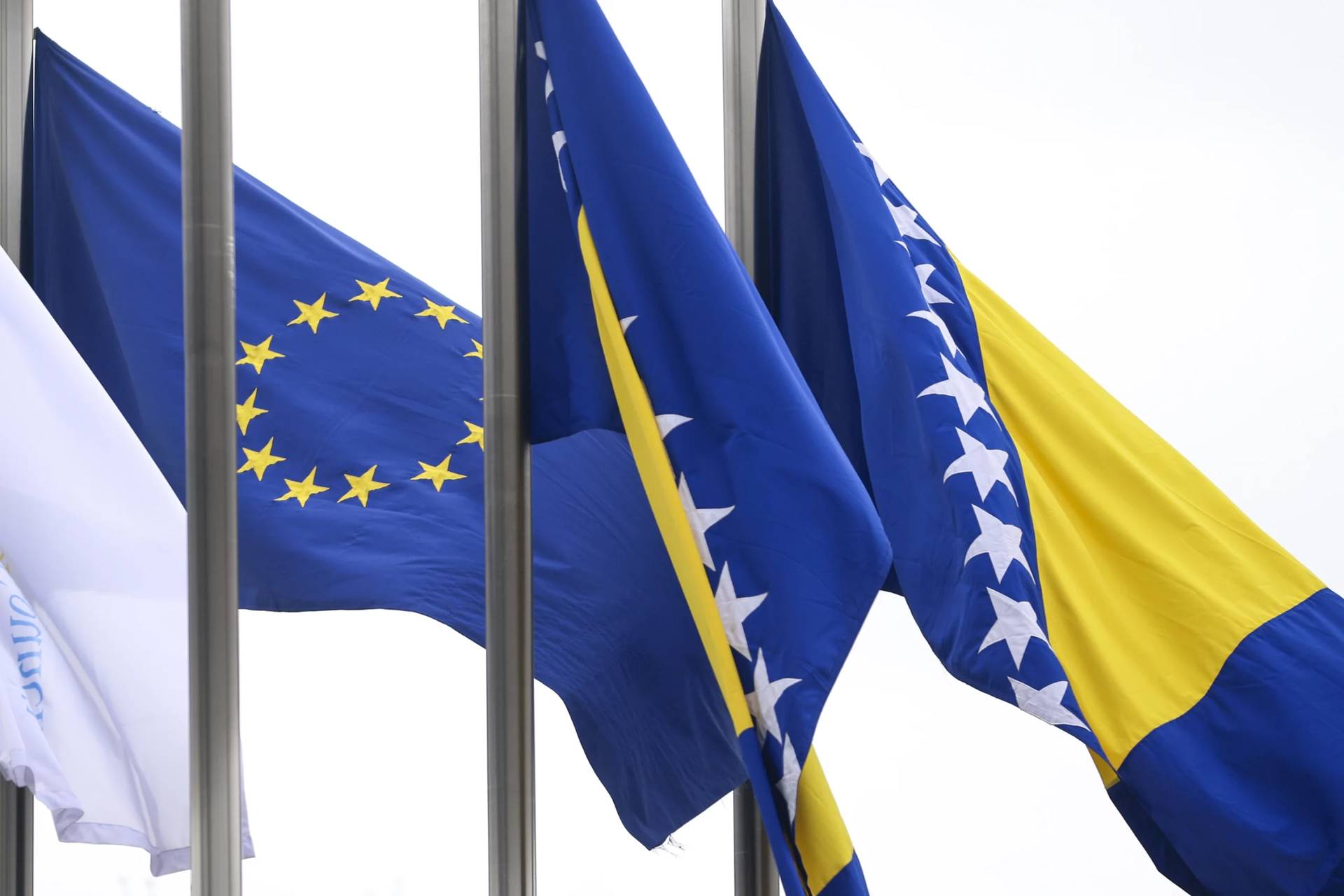Debate, diplomacy, and dynamism: 2014 was a headline-generating year for Pope Francis and the Catholic Church. The pope encouraged open debate about controversial topics, stepped up his diplomatic game on the world stage, and continued to shape the Church in his unpredictable yet wholly entertaining style.
The Synod of Bishops on the Family in October riveted the Catholic world, with cardinals battling one another in the media while taking on previously verboten topics such as divorce and homosexuality. The pope encouraged the back-and-forth, although the result had something of a roller-coaster feel as leaked documents made their way into the press before eventual retraction and clarification.
Ending months of speculation about his future after being booted from the powerful Congregation for Bishops a year ago, Cardinal Raymond Burke was removed as head of the Vatican’s highest court by the pope.
Also on the papal chopping block was Germany’s Bishop Franz Peter Tebartz van Elst, sacked in March after revelations that he had renovated his residence to the tune of $43 million.
Conservative fears of an ideologically driven papal purge seem misguided, however, when considering the prominent conservatives who were given key roles in Francis’ papacy, including Australian Cardinal George Pell, who is leading groundbreaking financial reform efforts at the Vatican Bank.
In spite of his Christmas message to Vatican bureaucrats, summed up as “Merry Christmas, you greedy gossipers,” the pope showed some love to famous Church administrators, elevating Popes John Paul II and John XXIII to sainthood. With his predecessor Pope Benedict XVI in attendance, the ceremony was dubbed the Day of Four Popes. It didn’t stop there: the Vatican also announced the beatification of Pope Paul VI.
Francis traveled to the Holy Land and hosted a Vatican prayer summit with Israeli and Palestinian leaders, repeatedly voiced concern over mounting violence in Ukraine, denounced ISIS while offering cautious support for the use of military force to stop an unjust aggressor, and called out moderate Muslim leaders to combat religious extremism during a trip to Turkey.
Around the world, violent anti-Christian persecution emerged as a major papal and Vatican concern. In the Middle East and parts of Africa, the threat came from radical Islamic groups, while in Ukraine it was driven by pro-Russian extremists. The Vatican’s missionary agency Fides reported that 26 pastoral workers were killed in 2014, including 14 in largely Catholic Latin America, many the victims of criminal gangs. All signs are that Francis will continue to speak out on the threats facing Christians in 2015.
The Vatican’s biggest diplomatic coup came just this month, when the role of the pope — and that of his secretary of state Cardinal Pietor Parolin — in helping the United States and Cuba restore diplomatic relations after more than 50 years was revealed, culminating with simultaneous televised expressions of gratitude from both Presidents Barack Obama and Raul Castro.
It was a busy year for the Church in the United States as well.
The biggest “Church” story was the pope’s appointment of Blase Cupich as archbishop of Chicago to replace the retiring Cardinal Francis George. Cupich, a moderate who previously led the American bishops’ response to clergy sex abuse, will almost certainly be made a cardinal in the near future. His appointment is widely viewed as evidence that the pope wants bishops known for their pastoral prowess rather than their culture warrior street-cred. Similar appointments in Cologne, Madrid, and Sydney added an international dimension to this ongoing story.
The Vatican released a long-anticipated report on the state of American nuns, concluding a six-year “visitation” that many sisters had viewed as intrusive. The report encouraged communities to reflect on challenges, but was largely absent of critical language that animated a separate 2012 report about one group of US nuns that remains in a sort of ecclesial receivership.
Other big stories in 2014 that affected the US Church included ongoing debates and lawsuits involving the Affordable Care Act and contraception. The Supreme Court ruled that some for-profit businesses can cite religious objections to covering contraception in their insurance plans, and several Catholic institutions, such as hospitals and universities, continue to press forward with lawsuits challenging certain aspects of the law.
Catholic institutions continued to struggle with rapid advances for gay and lesbian Americans. Several high-profile firings of both gay employees and employees who support LGBT rights have led to lawsuits in many states, and questions about academic freedom swirled at Catholic institutions.
US bishops pressed lawmakers to enact immigration reform, and when President Obama announced his controversial plan to slow deportations, they rallied behind him.
In one of the most creative gestures on a public policy issue, nine US bishops led by Boston Cardinal Sean P. O’Malley celebrated a border Mass in Arizona in April, distributing Communion through slats in the security fence to people on the Mexican side.
The unofficial Year of Pope Francis may have been 2013, with covers on Time, Rolling Stone, The New Yorker, and even the gay magazine The Advocate. But 2014 proved to be quite the year for the leader of the Catholic Church as well.
Malala may have edged out Pope Francis for the Nobel Peace Prize, but the pontiff took home the Religion Newswriters Association’s pick as their Religion Newsmaker of the Year for the second year in a row. It wasn’t even close.
Looking ahead to 2015, the pope’s got quite the schedule on his agenda: papal visits to Sri Lanka, the Philippines, and of course the United States; further reform of the Roman Curia; a major encyclical on the environment, and the second part of the controversial Synod on the Family.
But first, we want to hear which Catholic stories stood out for you in 2014. Please leave your comments below.

















